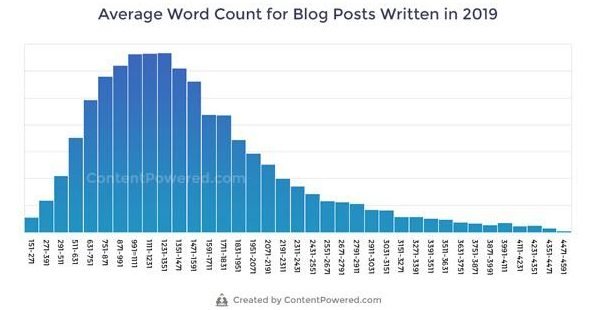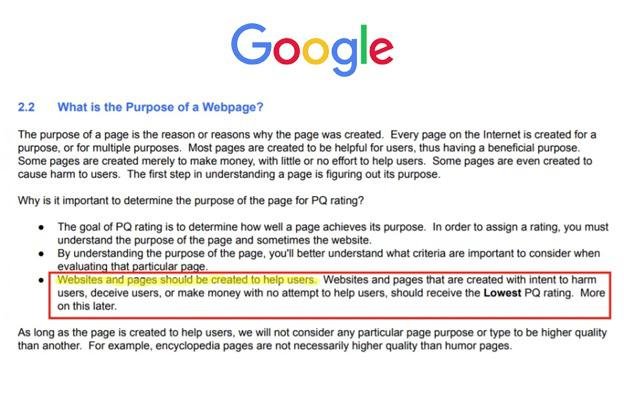These days, it often seems like the average internet user spends all their time on Facebook, Twitter, or another social media app. It feels like an impossible task to pull anyone away from their feed, let alone just to get them to read a blog post. The question is, do those feelings reflect the truth?
In reality, blogs in 2020 are responsible for an almost incomprehensible amount of global web traffic. There are over 20 billion blog visits per month on WordPress blogs alone. Plenty of that traffic comes from social media links, sure, but the majority actually comes from organic search traffic – 53.3% of it, to be precise.
How Many Blog Posts Are Published?
While that seems like a ton of hits, there’s a vast amount of content for those hits. According to the 2020 WordPress statistics, WP-based blogs account for 70 million new blog posts every single month. That’s 840,000,000 new blog posts expected to be published this year on WordPress alone!

An equal number of comments are coming in as well. WordPress estimates that 77 million new comments are published every month. That’s up from two years ago when the number was closer to 49 million.
Blogging is evolving in 2020. Here’s what’s happening:

First, businesses are slowly but surely coming to terms with the fact that a blog is necessary for online success. Today, only 1/4th of websites even have a blog, and you know plenty of those blogs are old and abandoned.
For 2020 and beyond, 65% of marketers state plans to increase their blogging efforts. More stats can be found on The Marketing Helpline.
They know blogging is important, and they want to focus on it, whether that means making a new blog, reviving an old one, or just putting a larger budget towards ongoing content marketing efforts.
Second, consumers are increasingly identifying the importance of blogs. 70% of consumers say a blog is an important part of what makes a site trustworthy. 30% of consumers say a blog is the most important part. Trust seals, social media buttons, testimonials, and all the other trust signals come in second after the presence of a blog.
What Makes For a Good Blog?
A blog is hard to fake. Any easy way to fake a blog is just as easily detected by Google’s anti-spam and anti-abuse algorithms and earns the site a penalty that keeps it away from an audience. What remains are sites with blogs showcasing their expertise, their authority, and their trustworthiness.
By reading a blog, a user can judge a business. Do they know what they’re talking about, or at least sound like they do? Do they cite sources and link to known authorities in their industry? Do they reference common information, and provide useful instructions, guides, or tutorials to their audience?
There may be a ton of content available online, but a lot of that content is the bare minimum necessary to avoid a Google penalty for thin content. Only one in five blog posts on business blogs is over 750 words long.
That’s slowly changing, however. In 2019, the most popular word counts for new posts ranged between 1,000 and 1,350. It’s not uncommon to see posts with 2,500 words or more, too.

Posts are getting less frequent – WordPress statistics from 2017 indicate they were getting closer to 90 million new posts a month – but they’re getting longer and deeper. Bloggers are realizing what many people have realized throughout history: quality trumps quantity. That’s why sites with active blogs have more indexed pages, and it’s why blog posts with images get more engagement and lead. Basic quality indicators encourage further attention from readers.
Longer content, from 1,000 words and up, helps a business showcase their expertise in their subject matter. It’s easy to write 200 words on a random subject, but it’s a lot harder to write 1,500 words without fluffing it all up with nonsense.
Read More: An Ultimate Guide To Write a Great Blog Regularly- 2020
Trustworthiness and Authority
Those keywords – expertise, authority, and trustworthiness – were not chosen as random concepts to describe what content brings to the table. They’re specific keywords Google has been promoting for the last few years as part of their E-A-T score. This E-A-T score is part of how Google ranks websites today. Longer content showcases expertise. Longer content builds authority. Longer content helps grow trust.

Trends are pushing content to be longer, deeper, and more interesting. The bar is rising, and competition is getting fiercer with every passing day. It takes more and more effort to compete. On the other hand, with less content published every month, there are potentially more open keywords and topics to cover.
Today, it’s an irrefutable fact that high quality, a well-managed blog is a critical part of an online business. Users want a blog to read, and they show that by engaging with sites that have one. Google encourages good blogs, because serving deep, accurate content is the core of their business model. Marketers love it too, of course, because how else can we reach out and engage with our audiences?
Marketers and Webmasters
When 53.3% of all traffic on the internet is from organic search engine traffic, it’s by far the greatest source of traffic for marketers available. Aside from the obvious traffic benefits and the numbers, just looking at the internet as a whole starts to answer a lot of questions. Over 25% of all websites in the world have a blog, and growing fast. In fact, just having a blog will statistically give you an advantage. Google has a new algorithm that favors websites that regularly produce content, dubbed the Freshness Algorithm, which is designed to give priority to websites that aren’t stagnant.
If that weren’t enough, websites that have a blog have (on average) 434% more indexed pages on search engines than sites without one. More blog posts mean more pages that are available for users to land on in the search, which will make a giant difference in your numbers and the growth of your website.
When surveyed, 65% of marketers have said that they are planning to put more time, effort, and money into running blogs in 2020 and beyond.
Read More:
- Top Trending Digital Marketing Blogs to Follow- 2020
- Blogging: This is what professionals know
- Why Blogging Is Important for Your Business
- Top 5 SEO Tips for Blogging Content


Very well written blog. It is very true that blogs play a vital role in increasing traffic. I am new to this field and found this post really helpful. Thanks for sharing. Keep updating with more such posts.